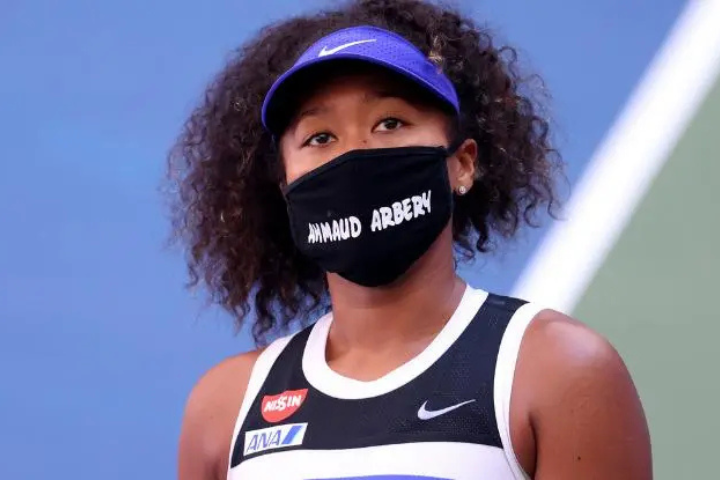In a recent interview, tennis star Naomi Osaka candidly discussed her ongoing struggle with negativity on social media. As a prominent athlete and public figure, Osaka has faced intense scrutiny and pressure, particularly regarding her mental health. The soft-spoken 26-year-old tennis player tells PEOPLE exclusively, “I think most people don’t know that mental health is as important as your physical health, and in some ways, it might be more important,” as Maybelline names her as the brand’s first Brave Together ambassador.
The Impact of Social Media on Mental Health
Osaka’s experiences highlight the dual nature of social media: while it can foster community and connection, it can also expose individuals to harsh criticism and negativity. In her interview, she stated, “I would say that I’m not as involved in social media anymore… I began to feel like it was very negative.” This sentiment resonates with many public figures who grapple with maintaining their mental health amidst online pressures.
Research indicates that social media can significantly affect mental well-being. A study published in the Journal of Social and Clinical Psychology found that limiting social media use can lead to reductions in feelings of loneliness and depression. For athletes like Osaka, who are often in the public eye, these effects can be amplified.
Learning to Navigate Online Challenges
Despite her challenges, Osaka remains committed to learning how to manage her relationship with social media. She expressed a desire to focus on the positive aspects of online interaction, stating that she uses platforms to uplift others or share moments from her life. However, she also recognizes the importance of setting boundaries: “I try not to look at comments… it makes me sad.”
Osaka’s approach reflects a growing awareness among public figures about the need for self-care in the digital age. By actively choosing when and how to engage with social media, she aims to protect her mental health while still connecting with fans.
The Role of Support Systems
In her journey toward better mental health management, Osaka emphasizes the importance of having a support system. She has found camaraderie among fellow athletes who understand the unique pressures they face. This sense of community is vital for coping with challenges related to fame and public scrutiny.
Osaka says she’s “fortunate” to have “been learning about mental health for quite a couple years now,” and she’s become “more prepared” with tools and resources after overcoming several vulnerable moments in the public eye, such as disclosing that she’s battled depression since 2018, withdrawing from the French Open and Wimbledon tournaments in 2021 to protect her mental health, and having a depressing encounter with a spectator in 2022 that almost brought her to tears..
Advocating for Mental Health Awareness
As a prominent advocate for mental health awareness, Osaka has used her platform to encourage open discussions about emotional well-being. Her candidness about her struggles has inspired many fans and fellow athletes to prioritize their mental health. By sharing her story, she aims to reduce stigma surrounding mental health issues in sports and beyond.
In partnership with brands like Maybelline, Osaka promotes initiatives that encourage individuals to speak out about their mental health journeys. Her role as a Brave Together ambassador underscores her commitment to fostering a culture where vulnerability is seen as strength rather than weakness.




GIPHY App Key not set. Please check settings